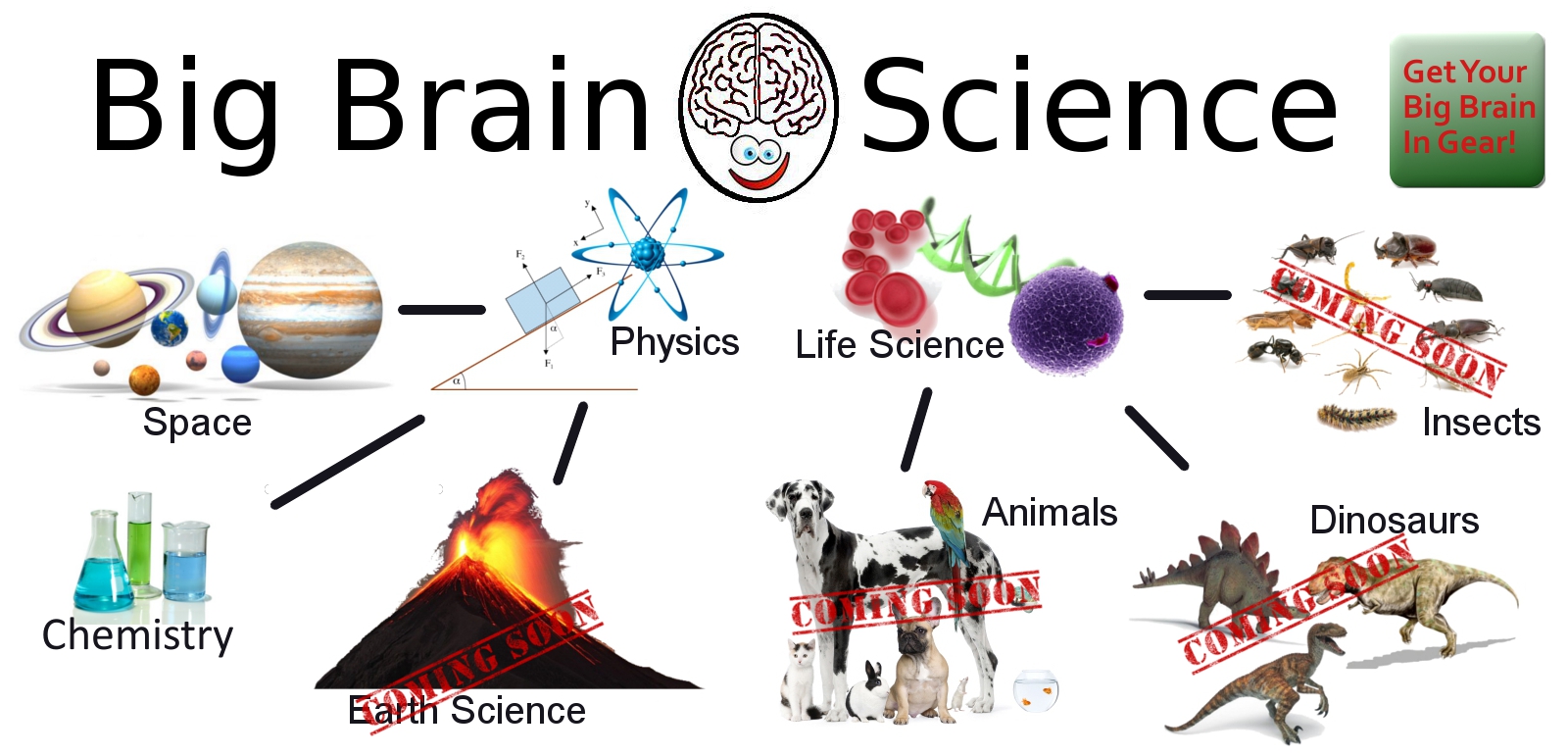Chapter: Research
Scientific Knowledge

Scientific Knowledge
The purpose of science is to
create scientific knowledge. Scientific knowledge refers to a
generalized body of laws and theories to explain a phenomenon or behavior of
interest that are acquired using the scientific method. Laws are
observed patterns of phenomena or behaviors, while theories are
systematic explanations of the underlying phenomenon or behavior. For instance,
in physics, the Newtonian Laws of Motion describe what happens when an object
is in a state of rest or motion (Newton's First Law), what force is needed to
move a stationary object or stop a moving object (Newton's Second Law), and
what happens when two objects collide (Newton's Third Law). Collectively, the
three laws constitute the basis of classical mechanics - a theory of moving
objects. Likewise, the theory of optics explains the properties of light and
how it behaves in different media, electromagnetic theory explains the
properties of electricity and how to generate it, quantum mechanics explains
the properties of subatomic particles, and thermodynamics explains the
properties of energy and mechanical work. An introductory college level
text book in physics will likely contain separate chapters devoted to each of
these theories. Similar theories are also available in social sciences. For
instance, cognitive dissonance theory in psychology explains how people react
when their observations of an event is different from what they expected of
that event, general deterrence theory explains why some people engage in
improper or criminal behaviors, such as illegally download music or commit
software piracy, and the theory of planned behavior explains how people make
conscious reasoned choices in their everyday lives.
The goal of scientific research
is to discover laws and postulate theories that can explain natural or social
phenomena, or in other words, build scientific knowledge. It is important to
understand that this knowledge may be imperfect or even quite far from the
truth. Sometimes, there may not be a single universal truth, but rather an
equilibrium of 'multiple truths.' We must understand that the theories, upon
which scientific knowledge is based, are only explanations of a particular
phenomenon, as suggested by a scientist. As such, there may be good or poor
explanations, depending on the extent to which those explanations fit well with
reality, and consequently, there may be good or poor theories. The progress of
science is marked by our progression over time from poorer theories to better
theories, through better observations using more accurate instruments and more
informed logical reasoning.
We arrive at scientific laws or
theories through a process of logic and evidence. Logic (theory) and evidence
(observations) are the two, and only two, pillars upon which scientific
knowledge is based. In science, theories and observations are interrelated and
cannot exist without each other. Theories provide meaning and significance to
what we observe, and observations help validate or refine existing theory or construct
new theory. Any other means of knowledge acquisition, such as faith or
authority cannot be considered science.
Related Topics